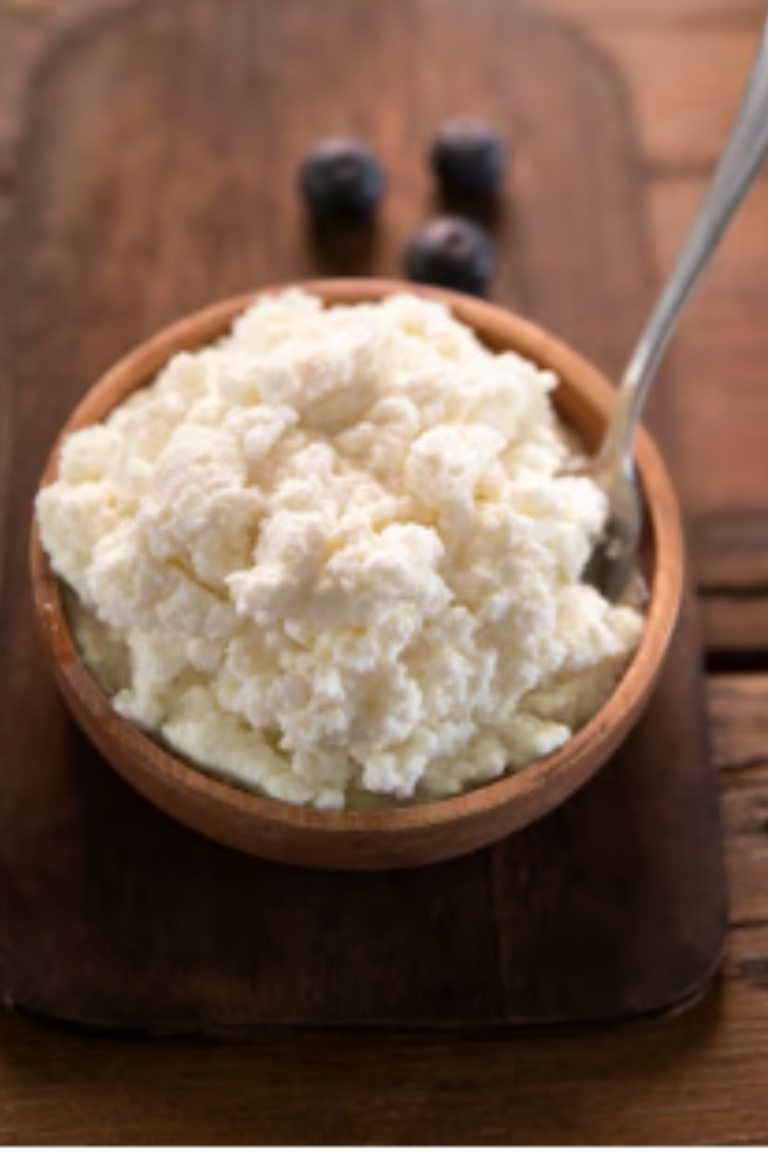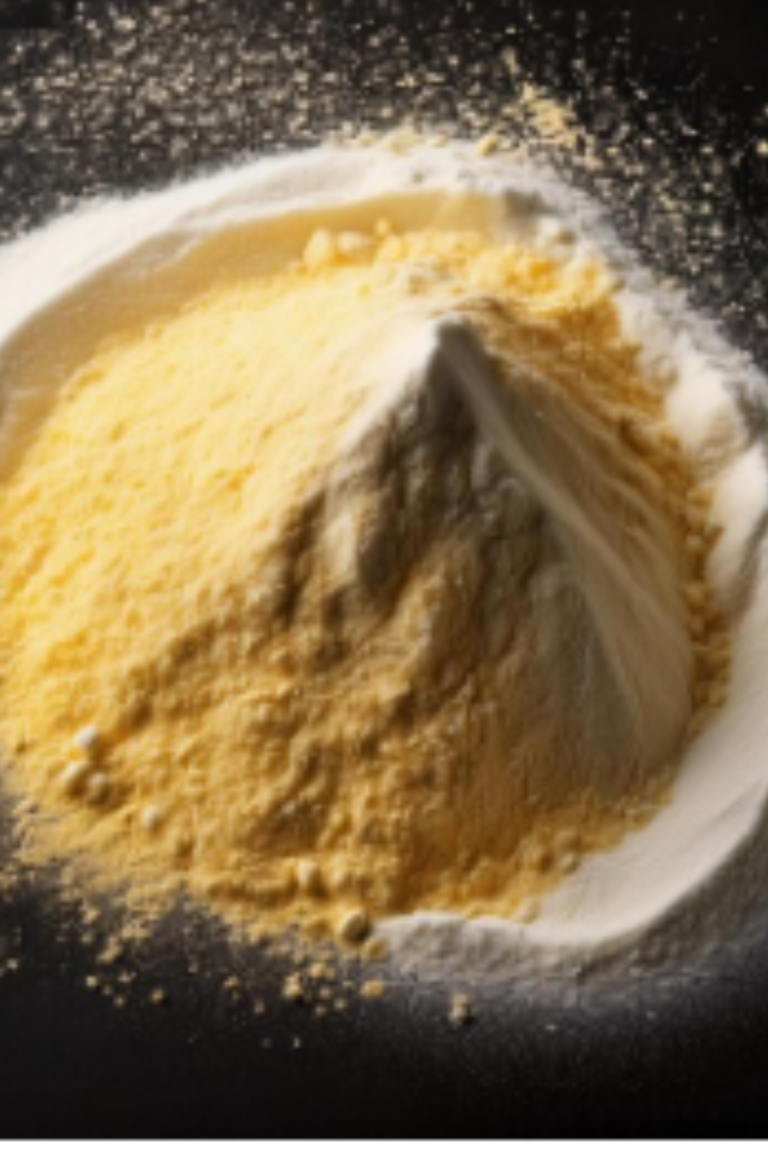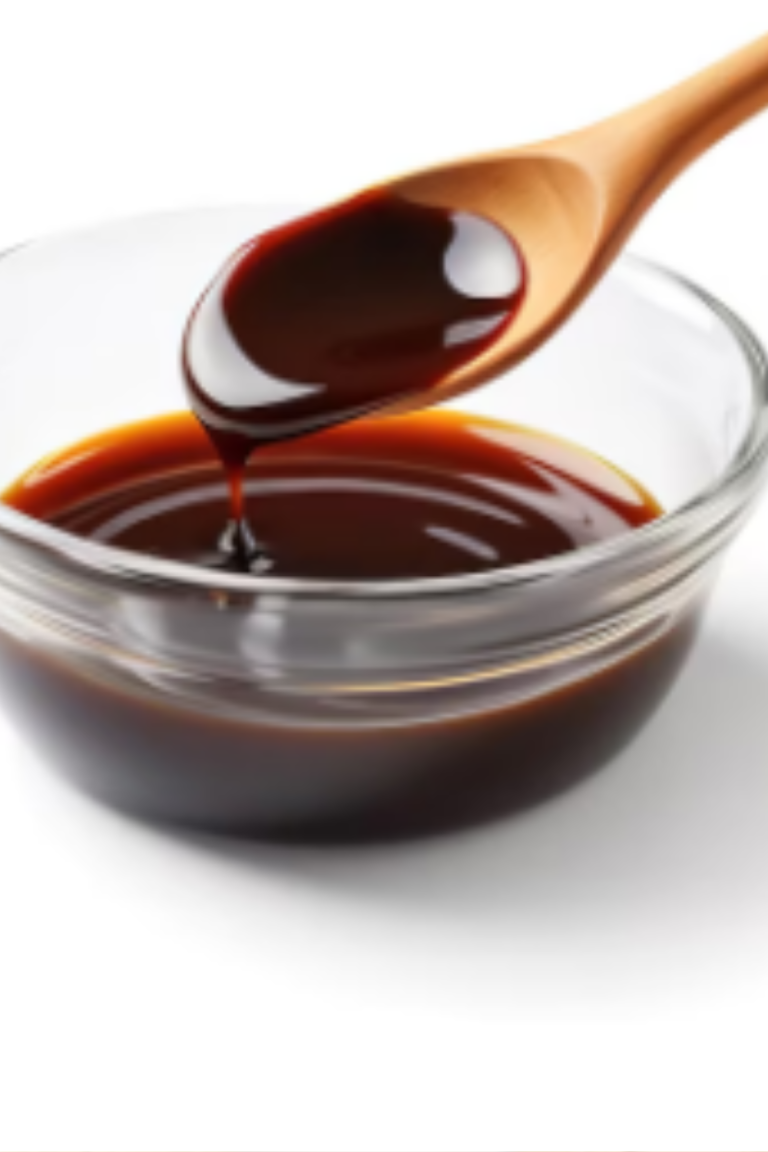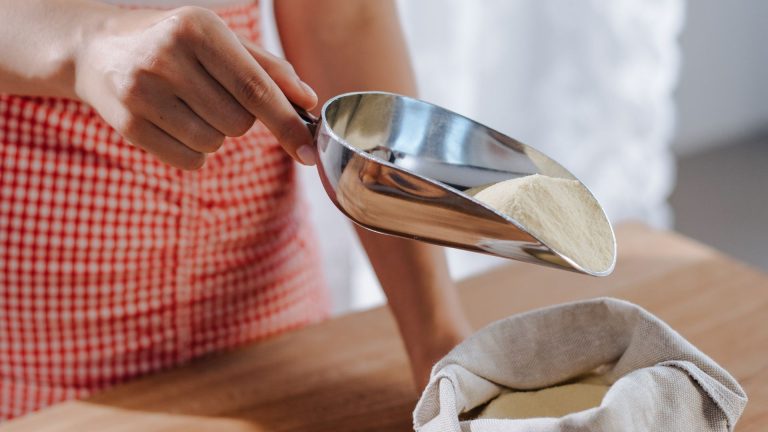LC: Lemon Curd role in cakes Explained
In my own personal experience, Lemon Curd has been a game-changer in baking. Its tangy zest and creamy texture add a burst of flavor that elevates any dessert it touches. Let’s delve into what makes Lemon Curd such a versatile and delightful ingredient.
Table of Contents
ToggleWhat is Lemon Curd?
Lemon Curd is a smooth, custard-like spread made from lemon juice, zest, sugar, eggs, and butter. It’s known for its bright yellow color and refreshing citrus taste. This classic British condiment is not only used as a spread but also plays a crucial role in enhancing the flavor profile of various desserts, especially cakes. Check out the right Lemon Curd, cake tools, and ingredients that you need here.
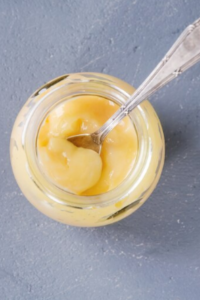
Its Role in Cakes
When it comes to cakes, Lemon Curd serves multiple purposes:
1. Filling
One of the most common uses of Lemon Curd in cakes is as a filling between layers. Its tanginess cuts through the sweetness of cakes, providing a balanced and refreshing contrast. Whether sandwiched between vanilla sponge layers or swirled into a lemon cake, it adds moisture and flavor that keep each bite interesting.
2. Flavor Enhancer
Beyond its role as a filling, Lemon Curd can be incorporated into cake batters themselves. Adding a dollop of Lemon Curd to the mix creates a moist and flavorful cake with a subtle citrus undertone. It’s particularly effective in pound cakes and muffins, where its bright flavor shines through without overpowering.
3. Decoration
Visually, Lemon Curd can be used to decorate cakes as well. Its vibrant color can be drizzled on top of cheesecakes, swirled into frosting for lemon-flavored icing, or even used in tart designs atop a lemon-themed cake. Check out the right Lemon Curd, cake tools, and ingredients that you need here.
Why Use Lemon Curd?
The versatility of Lemon Curd lies in its ability to complement a wide range of flavors. Whether paired with berries, meringue, or chocolate, its citrusy profile enhances the overall taste experience of cakes. Moreover, its smooth texture and rich color make it an appealing addition both inside and on top of baked goods.
Lemon Curd isn’t just a condiment; it’s a versatile ingredient that can transform ordinary cakes into extraordinary desserts. Whether you’re looking to add a burst of citrus flavor, a touch of elegance, or simply enhance the moistness of your cakes, Lemon Curd is a go-to choice. Experiment with it in your baking adventures, and discover the endless possibilities it offers to elevate your sweet creations.
Drilling Deeper: Comparing Lemon Curd Brands and Homemade Versions
When it comes to incorporating Lemon Curd into your baking, you have two primary options: store-bought brands and homemade versions. Each has its own advantages and considerations, depending on your preferences and baking goals.
Store-Bought Lemon Curd
Store-bought Lemon Curd offers convenience and consistency. Here’s how it compares:
Pros:
- Convenience: Ready-made Lemon Curd saves time and effort, making it ideal for quick baking sessions.
- Consistency: Established brands ensure uniform texture and flavor, providing reliability in your recipes.
- Long Shelf Life: It can be stored for longer periods, allowing for spontaneous baking without advance preparation. Check out the right Lemon Curd, cake tools, and ingredients that you need here.
Cons:
- Ingredients: Some store-bought versions may contain preservatives or additives for shelf life, which might affect taste or health preferences.
- Flavor Variations: Limited choice in flavor profiles compared to homemade options, which can be customized to personal taste preferences.
Homemade Lemon Curd
Making Lemon Curd from scratch offers flexibility and a homemade touch. Here’s what to consider:
Pros:
- Customization: You control the ingredients and sweetness level, adjusting it to your liking.
- Freshness: Homemade Lemon Curd often boasts a fresher taste and can be made with organic or locally sourced ingredients.
- No Additives: You can avoid preservatives or artificial flavors, making it a healthier option.
Cons:
- Time-Consuming: Making Lemon Curd from scratch requires time and attention, as you need to cook and cool it properly.
- Storage: Homemade Lemon Curd typically has a shorter shelf life compared to store-bought versions, needing refrigeration and careful consumption. Check out the right Lemon Curd, cake tools, and ingredients that you need here.
tips for Choosing the Right Option for You
The decision between store-bought and homemade Lemon Curd boils down to your priorities in baking:
- Time and Convenience: If you prioritize ease and quick preparation, store-bought Lemon Curd may be your best bet.
- Customization and Quality: For those who enjoy experimenting with flavors and seek a fresher, more personalized taste, homemade Lemon Curd offers a rewarding experience.
Whether you opt for the convenience of store-bought or the satisfaction of homemade, Lemon Curd remains a versatile and indispensable ingredient in baking. Whichever path you choose, incorporating this zesty delight into your cakes promises to elevate flavors and delight taste buds alike. Check out the right Lemon Curd, cake tools, and ingredients that you need here.
comparison tabular
Here’s a comparison table highlighting the key notes and considerations between store-bought and homemade Lemon Curd:
| Aspect | Store-Bought Lemon Curd | Homemade Lemon Curd |
|---|---|---|
| Convenience | Convenient; ready-to-use without preparation | Requires time and effort to prepare |
| Consistency | Uniform texture and flavor from established brands | Varied texture and flavor based on homemade recipe |
| Ingredients | May contain preservatives or additives for shelf life | Control over ingredients; can avoid additives |
| Customization | Limited choice in flavor profiles | Customizable to personal taste preferences |
| Freshness | Long shelf life, can be stored for longer periods | Fresher taste, made with fresh ingredients |
| Health Considerations | Ingredients may include additives or high sugar content | Control over sugar content and quality of ingredients |
| Cost | Generally more affordable per serving | Costlier due to quality ingredients and time invested |
| Time Required | Ready-to-use immediately; saves time | Requires time to cook and cool properly |
| Shelf Life | Longer shelf life, does not require refrigeration until opened | Shorter shelf life, needs refrigeration and careful consumption |
| Flexibility | Limited in flavor variations | Highly flexible in adjusting flavors to personal preference |
| Sustainability | Depends on brand; packaging and sourcing practices vary | Can use locally sourced, organic ingredients |
Key Considerations:
- Purpose: Choose based on your baking needs—convenience vs. customization.
- Ingredients: Consider health preferences and quality of ingredients.
- Taste: Personal preference for freshness and flavor control.
- Time: Balance between time saved with store-bought and customization with homemade.
- Cost: Factor in budget and quality expectations.
Deciding between store-bought and homemade Lemon Curd ultimately depends on your priorities in baking whether you prioritize convenience and consistency or prefer customization and quality control. Check out the right Lemon Curd, cake tools, and ingredients that you need here.
FAQs about Using Lemon Curd in Baking
What is Lemon Curd?
Lemon Curd is a creamy spread made from lemon juice, zest, sugar, eggs, and butter. It has a tangy flavor and smooth texture, often used to enhance desserts like cakes and tarts.
How can I use Lemon Curd in baking?
Lemon Curd can be used as a filling between cake layers, swirled into batter for added flavor, drizzled over desserts as a topping, or mixed into frosting for a citrusy twist.
Is store-bought Lemon Curd as good as homemade?
Store-bought Lemon Curd offers convenience and consistency, but homemade versions allow for customization and fresher taste. The choice depends on your preferences and baking goals.
How long does Lemon Curd last?
Store-bought Lemon Curd can last for several months if unopened, while homemade Lemon Curd should be consumed within a week when refrigerated.
Can I freeze Lemon Curd?
Yes, both store-bought and homemade Lemon Curd can be frozen. Ensure it’s stored in an airtight container and thawed in the refrigerator before use. Check out the right Lemon Curd, cake tools, and ingredients that you need here.
Final Words
Incorporating Lemon Curd into your baking repertoire adds a burst of citrusy flavor and creamy texture to your desserts. Whether you choose the convenience of store-bought options or enjoy the creative process of making it from scratch, Lemon Curd is a versatile ingredient that elevates cakes, tarts, and more. Experiment with different recipes and methods to discover how this zesty delight can transform your sweet creations into culinary delights.

Hi!
I’m Mike, the creator of Forum Foodies. In my own personal experience, understanding ingredients is key to great cooking.
Forum Foodies offers guides on various ingredients, from staples to exotic finds. Join our community, share your experiences, and learn from fellow food lovers.
Have questions or suggestions? Email me at info@forumfoodies.com. Let’s embark on this delicious adventure together.
Happy cooking.
Mike/
Related Posts
- GLC: Golden Lemon Curd role in cakes clarified
In this topic, I'm going to talk about GLC - Golden Lemon Curd in my…
- LCM: Lemon Custard Mix role in cakes Clarified
In this topic, I'm going to talk about LCM - Lemon Custard Mix in my…
- DLP: Dried Lemon Peel role in cakes Explained
In this topic, I'm going to talk about Dried Lemon Peel and its role in…
- LPP: Lemon Poppyseed Paste role in cakes Clarified
In this topic, I'm going to talk about Lemon Poppyseed Paste (LPP) and its role…
- LPP: Lemon Poppyseed Paste role in cakes Explained
In this topic, I'm going to talk about Lemon Poppyseed Paste (LPP) and its role…
- CLM: Cherry Lemon Meringue role in cakes Clarified
In this topic, I'm going to talk about the Cherry Lemon Meringue (CLM), drawing from…
- FLC: Fig Lemon Cake role in cakes Clarified
In this topic, I'm going to talk about the fascinating world of ingredients, specifically focusing…
- CLT: Caramelized Lemon Tart role in cakes Explained
In this topic, I'm going to talk about the intriguing world of culinary delights, focusing…
- CLP: Cherry Lemon Peel role in cakes Clarified
In this topic, I'm going to talk about the delightful addition known as CLP -…
- LBC: Lemon Buttercream role in cakes Clarified
In this topic, I'm going to talk about a delightful element in baking: Lemon Buttercream…
- LFT: Lemon Fruit Topping role in cakes Clarified
In this topic, I'm going to talk about the importance of Lemon Fruit Topping (LFT)…
- HLS: Honey Lemon Syrup role in cakes Explained
In this topic, I'm going to talk about the role of HLS (Honey Lemon Syrup)…
- ALS: Almond Lemon Syrup role in cakes Clarified
In this topic, I'm going to talk about Almond Lemon Syrup (ALS) and its role…
- LC: Lemon Corer role in cake making Explained
Ever found yourself in the kitchen, ready to bake a delicious cake, but struggling with…
- GCP: Grapefruit Curd Paste role in cakes Clarified
In this topic, I'm going to talk about Grapefruit Curd Paste (GCP) and its role…


